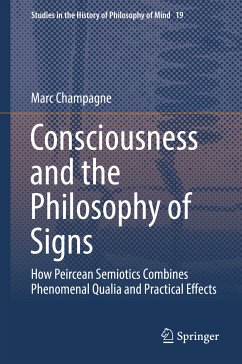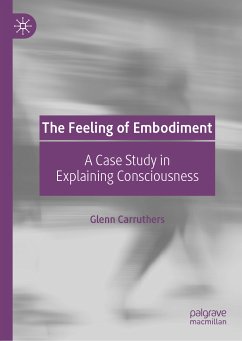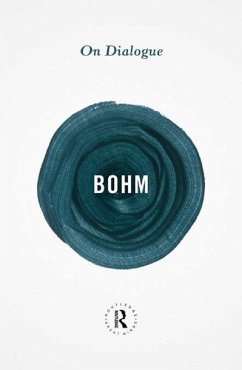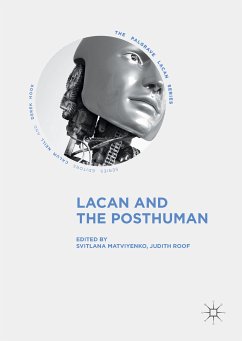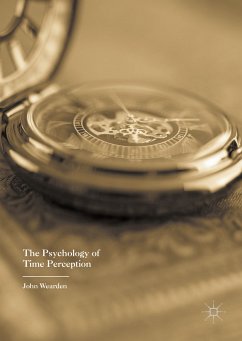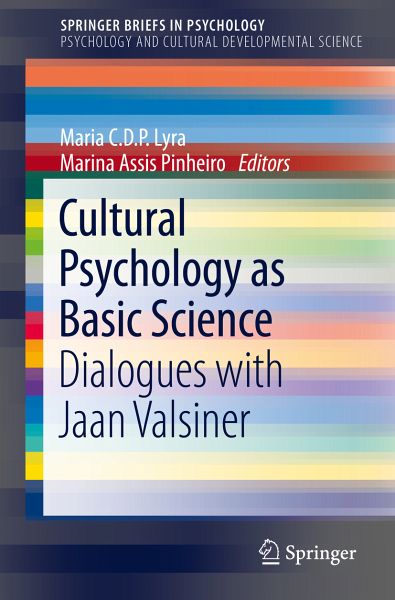
Cultural Psychology as Basic Science (eBook, PDF)
Dialogues with Jaan Valsiner
Redaktion: Lyra, Maria C . D. P.; Pinheiro, Marina Assis
Versandkostenfrei!
Sofort per Download lieferbar
40,95 €
inkl. MwSt.
Weitere Ausgaben:

PAYBACK Punkte
20 °P sammeln!
This book provides an overview and discussion of Cultural Psychology of Semiotic Dynamics (CPSD) as a general developmental science. It discusses the challenging interplay between the sophisticated abstract concept of a holistic-dynamic understanding of the psyche and the concrete human experience. Chapters begin by framing the specific topics discussed in the book and elaborating on the border "zone" in between individual and collective-societal meanings. Subsequent chapters and a final conclusion discuss CPSC as an abstractive conceptual enterprise.The book is divided into sections, each beg...
This book provides an overview and discussion of Cultural Psychology of Semiotic Dynamics (CPSD) as a general developmental science. It discusses the challenging interplay between the sophisticated abstract concept of a holistic-dynamic understanding of the psyche and the concrete human experience. Chapters begin by framing the specific topics discussed in the book and elaborating on the border "zone" in between individual and collective-societal meanings. Subsequent chapters and a final conclusion discuss CPSC as an abstractive conceptual enterprise.
The book is divided into sections, each beginning with a chapter written by Jaan Valsiner. The individual sections focus on (I) the nature of psyche as a semiotic constructive process; (II) the primacy of affect as semiotic constructive processes, highlighting the role of the sublime as a border between mundane and aesthetic experience; and (III) the ambivalent core of the human mind, marked by the constructive and destructive semiosis for encountering the sublime as locus of novelty emergence.
Cultural Psychology as Basic Science will be of interest to undergraduate and graduate students as well as researchers and professors in the fields of psychology, anthropology, history, philosophy, and research branches of the social sciences.
Dieser Download kann aus rechtlichen Gründen nur mit Rechnungsadresse in A, B, BG, CY, CZ, D, DK, EW, E, FIN, F, GR, HR, H, IRL, I, LT, L, LR, M, NL, PL, P, R, S, SLO, SK ausgeliefert werden.



